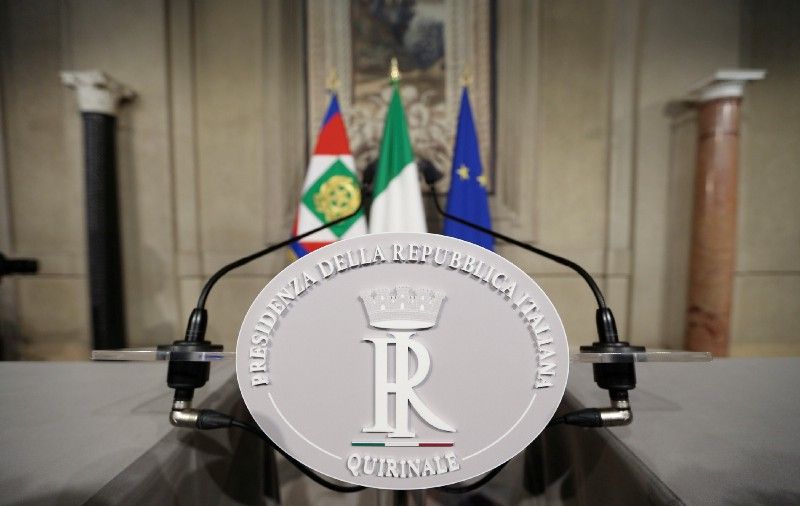The ongoing political saga in Italy, which saw the president, Sergio Mattarella, jettison what would have been the country’s first all-populist government has roiled global markets and spread fear to Brussels.
The political dynamics could take months to sort out, as Alex wrote yesterday. The bigger risk is more immediate: a self-fulfilling investor-driven economic crisis that reverberates throughout Europe.
Here’s Gabe on what has people spooked:Economic fragility — The Italian economy is brittle, despite marginal improvements over the past few years. Widespread indebtedness and a weak banking sector mean the country remains vulnerable to economic shocks. If outside investors lose confidence in Italian banks, or start to think government expenses are on an unsustainable path, it could trigger a domino effect that ripples through the entire country (and beyond).
A collision course — With new elections likely this Fall, Rome and Brussels are heading for conflict. Both Lega and Five Star have committed to massive increases in government spending, in contravention of EU rules. But a tussle with Brussels may only further exacerbate the political dynamics that led to these parties’ popularity in the first place, driving a deeper wedge within Europe.
Size matters — Italy is too big to fail and too big to save–it accounts for about 15 percent of eurozone GDP and 23 percent of the bloc’s public debt. It’s far more important to the EU economy than Greece, whose financial meltdown contributed to problems across Europe’s southern periphery eight years ago. Yet Italy’s considerable size also means that other EU members might balk at any attempt to bail it out. For investors, that seems like an unsustainable situation that’s bound to break down.
What’s at stake: Despite the focus on the political drama in Rome, a deeper meltdown in markets could be the spark that ignites a wider crisis in Italy.
